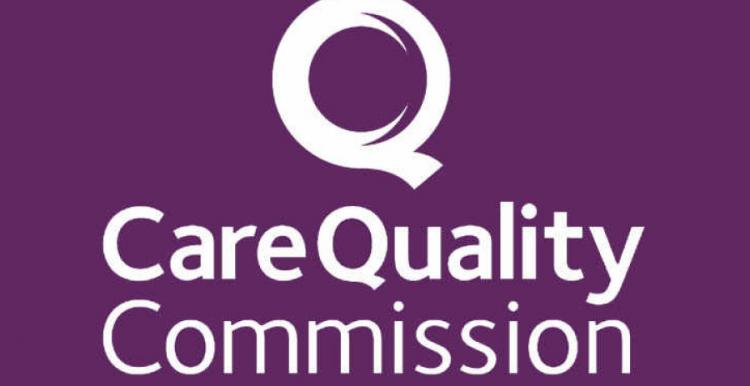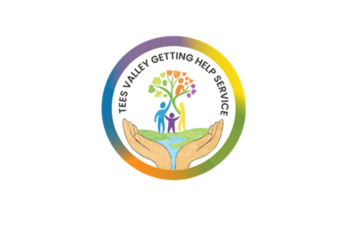CQC finds improvements in forensic inpatient or secure wards at Tees, Esk and Wear Valleys NHS Foundation Trust

This unannounced focused inspection was carried out to find out if improvements had been made since our last inspection in June 2021. On that inspection, CQC issued a warning notice and told the trust to make a number of improvements to ensure care and treatment was delivered in a safe way.
Following this inspection, the overall rating for forensic inpatient or secure wards has improved from inadequate to requires improvement. Effective, caring and well-led has also improved from inadequate to requires improvement. Responsive remained rated as requires improvement and safe remained rated as inadequate.
The trust’s overall rating remains rated as requires improvement.
“When we visited Tees, Esk and Wear Valleys NHS Foundation Trust, we were pleased to see the culture in the forensic inpatient wards had improved since our last inspection. Staff felt more supported by managers and processes were in place for them to escalate staffing concerns.
“Although some improvements had been made, more work was needed to provide safe care. We found the wards still didn’t have enough nurses to carry out all the necessary duties and there wasn’t always enough staff to provide a timely response to patient safety incidents. Staff didn’t always report and record incidents appropriately and did not always make safeguarding referrals when appropriate. Additionally, not all ward environments were safe, clean and fit for purpose.
“The service provided a range of treatments, however poor staffing levels meant that patients didn’t always have access to activities, psychological interventions, occupational therapy or escorted leave, and staff couldn’t always take their breaks
“It was reassuring that staff actively involved patients and families in care decisions, as well as supporting them to live healthier lives.
“The trust has started to make improvements to improve patient care and know what further changes need to be made to keep people safe. We will continue monitor the trust and return to check on progress.”
Karen Knapton, CQC head of hospital inspection
Inspectors found the following during this inspection:
- The service did not follow good practice with respect to safeguarding. Staff did not always make safeguarding referrals when appropriate and governance processes were not adequate to identify improvements in this area.
- The service was using restrictive practice that was not care planned for or reviewed in line with trust policy. Restrictions were not always based on individual risk assessments and there were blanket restrictions in place. When patients were in seclusion, staff did not always complete required reviews in line with the trust policy or best practice as outlined in the Mental Health Act Code of Practice.
- Staff did not always report and record incidents appropriately. Staff did not always report incidents when they occurred and sometimes reported multiple incidents within a single incident record. This meant that there was not appropriate oversight of the scale and nature of incidents which were happening within the service.
- Staff did not ensure that patients’ health was appropriately monitored in relation to high dose antipsychotic treatment, blood glucose and where appropriate bowel monitoring.
- Managers did not ensure that regular team meetings took place on all the wards within the service to ensure key information was shared and escalated.
- Managers did not always ensure staff had the correct skills and experience to work on mental health and learning disability and autism wards. Managers did not ensure that temporary or unfamiliar staff received a comprehensive induction before working on the wards or that staff received training and regular supervision.
- Staff did not always treat patients with compassion, kindness and respect, for example the language they used to describe patients.
- Staff did not always plan discharge well or liaise well with services that would provide aftercare. As a result, discharge was delayed for other than a clinical reason.
However:
- The service used systems and processes to safely prescribe, administer, record and store medicines.
- Staff developed holistic, recovery-oriented care plans informed by a comprehensive assessment.
- The ward teams had access to the range of specialists required to meet the needs of patients on the wards. The ward staff worked well together as a multidisciplinary team.
Downloads
The full CQC report is available for download below.


